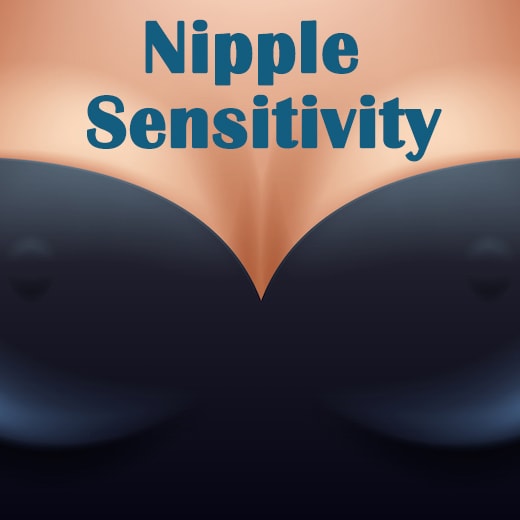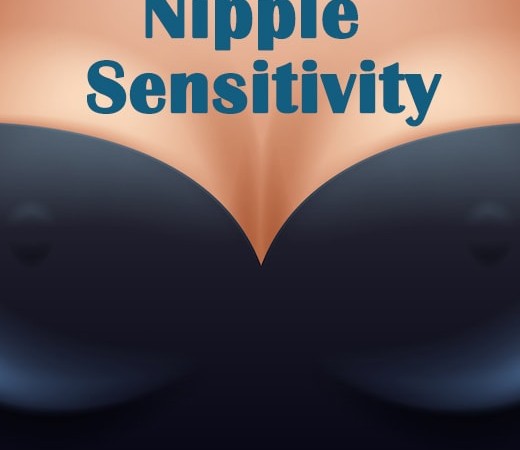Nipple Sensitivity
 During breast enhancement surgery, the body goes through many changes as tissue, nerves and the immune system is disrupted. The body reacts to the interference and this can lead to changes in nipple sensation. While it is common for most patients to experience nipple sensitivity after breast implants, others have a loss of sensitivity on the nipple or the entire breast. These side effects are usually temporary and last 6 to 18 months. In some cases, the condition can be permanent. What causes nipple sensitivity and how can this sensation be minimized?
During breast enhancement surgery, the body goes through many changes as tissue, nerves and the immune system is disrupted. The body reacts to the interference and this can lead to changes in nipple sensation. While it is common for most patients to experience nipple sensitivity after breast implants, others have a loss of sensitivity on the nipple or the entire breast. These side effects are usually temporary and last 6 to 18 months. In some cases, the condition can be permanent. What causes nipple sensitivity and how can this sensation be minimized?
Studying the Issue
A study of 1222 female patients, who received breast implants, was published in an issue of Plastic and Reconstructive Surgery. The study examined nerve function after breast augmentation. The data that was collected showed the following information:
- Out of 1222 patients, half of them experienced a temporary change in sensitivity which dispersed in six to eight weeks without medical assistance
- Of the women, 2.7% reported a decrease in sensitivity and 3.5% noted some discomfort
- Using large implants did not increase the chance of sensory alteration for this study
- The age of the patient was not a factor in sensory alteration
- The placement of the implant above or below the pectoral muscle did not make a variance in sensation with this assessment
- Placing the implant via a periareolar incision did increase the risk factor for nerve disruption and an alteration in sensation
- During a six-month assessment, 94.8% of the patients resumed normal sensation
Causes of Nipple Sensitivity from Implants
Sensory changes can occur due to several factors but are commonly seen with nerve disruption. The nerve that conducts sensation to the nipple is very small and thin and an inexperienced surgeon may accidentally cut the nerve. If the surgeon uses a periareolar incision around the areola, the nerves may become damaged from the incision or the sutures. In other cases, the nerve becomes stretched due to improper surgical technique or the implant size. A stretched nerve can usually regain sensation but a cut nerve may not. The size of the implant may also contribute to post-op nipple sensitivity. It is not recommended for an implant diameter to be larger than the patient’s diameter of the breast since this will increase the risk of nipple numbness. For example, a woman with a 15-cm diameter breast should only consider implants with a diameter of 14-cm. She should not consider larger implants since this would cause the tissue and nerves to be stretched. Furthermore, implants that are smaller in diameter necessitate less dissection of the natural breast in order to fit. Therefore, the risk of having damaged or severed nerves is less with the proper size implant.
Minimizing the Risk of Nipple Sensitivity
To minimize the risk of nipple sensitivity, patients should choose a board-certified cosmetic surgeon who is adequately skilled with breast augmentation. Patients can also ask the surgeon to avoid performing any cutting or cauterization near the nerve to lower the risk of nipple numbness. Most surgeons agree that placing the implants submuscular, or under the muscle, best preserves the breast tissue and holds less risk for nerve damage and nipple sensitivity. If patients are concerned about a change in nipple sensation, having the implants placed periareolar is not recommended.
SP

